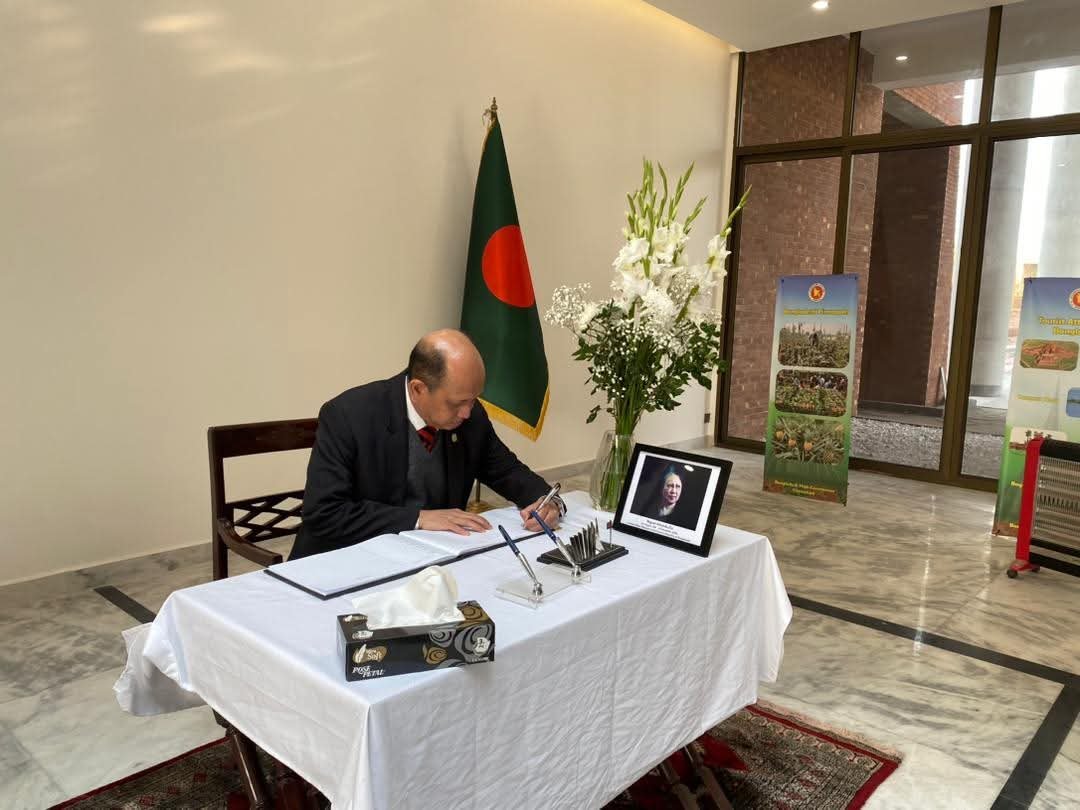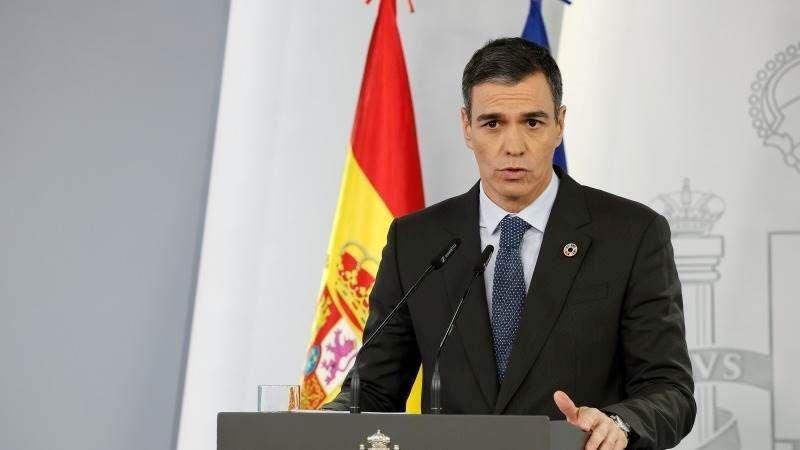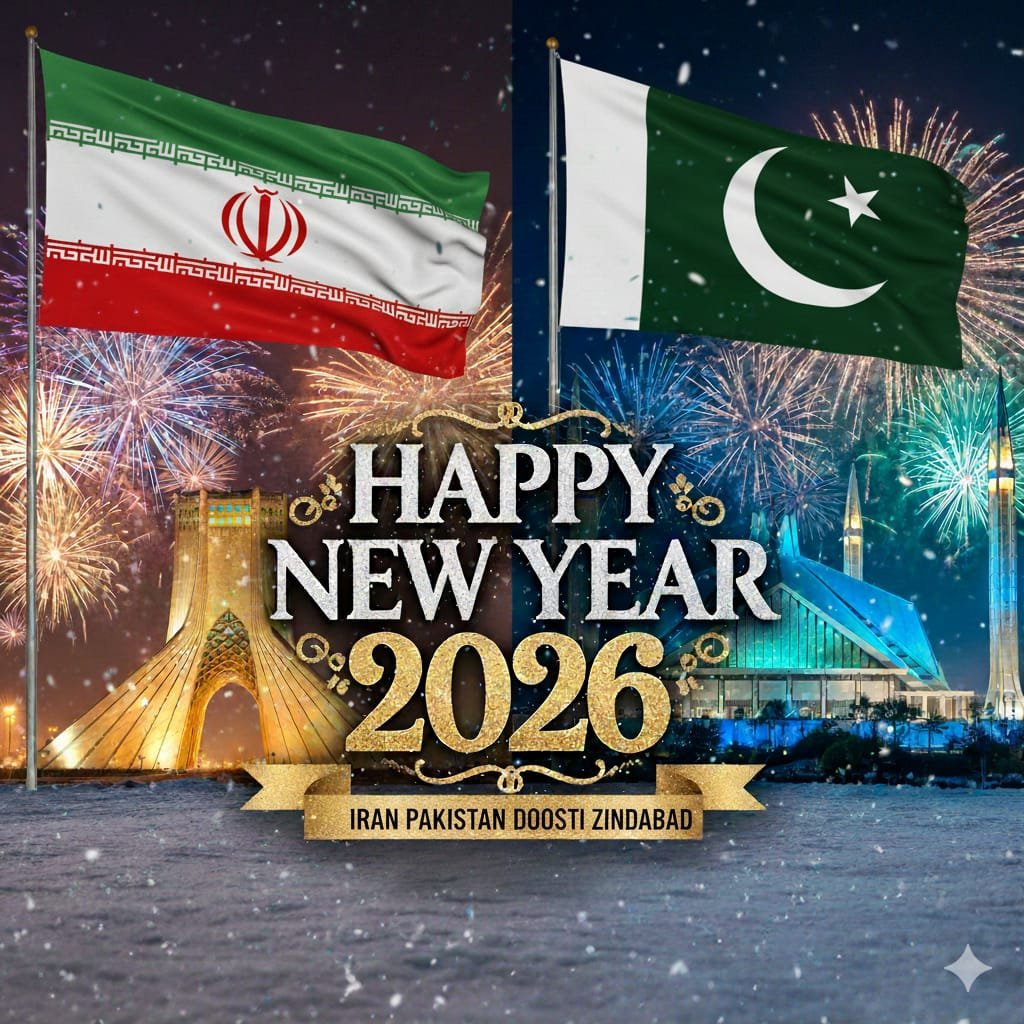The foreign relations of Romania is the policy arm of the government of Romania which guides its interactions with other nations, their citizens, and foreign organizations, as well as its status as a member of the European Union (EU), the North Atlantic Treaty Organization (NATO), and other key international organizations. Romania joined the European Union in 2007. Becoming part of the EU was not an easy job. Romania had to overcome significant obstacles to qualify for EU membership. Since 2007, it has become an active and responsible member state that is dedicated to strengthening EU unity, cooperation, and development. Even though Romania is not the largest member, still it plays an important role in improving regional stability, reducing economic gaps, and supporting political integration within Europe. Now the question is that how Romania is contributing to EU cohesion? The answer is very straightforward i.e., by using EU funds efficiently, promoting cross-border collaboration, backing new EU members, and contributing to regional security, Romania helps make the European Union more cohesive and balanced. Its efforts are the testament that how a committed member state can advance not only its own growth but also the overall progress of the European Union.
Romania’s Key Role in EU Economic Cohesion
One of the most striking contributions Romania has made to EU cohesiveness is in the areas of economic development programs. Romania uses European Union cohesion funds to reduce regional disparities and support modernization across the country. The European Commission states that Romania will receive roughly €31.5 billion within the 2021–2027 budgetary cycle to promote growth, innovation, and social development.
A significant portion of this funding is allocated to infrastructure, business competitiveness, and digital transformation. For example, €4.3 billion from the European Regional Development Fund (ERDF) is goes towards innovation, research, and support for small and medium enterprises.
When it comes to social front, the European Social Fund Plus (ESF+) provides €7.3 billion to improve education, job training, youth opportunities, and programs for disadvantaged communities.
Above are just the few examples of Romania’s commitment to using EU tools effectively to uplift its society and bring its regions closer to European living standards. It also reinforces EU cohesion by proving that development funds can make a real difference.
Romania is one of those countries who are known for fast implementation. In 2025 alone, the country submitted reimbursement requests worth €1.5 billion, and more are expected later in the year. In addition to this, Romania also signed nearly 5,000 EU-financed contracts worth about €30 billion, which reflects strong integration with long-term EU development goals.
By doing so, Romania contributes to the fact that cohesion policy–one of the most powerful unifying instruments of the EU–continues to be efficient, transparent, and useful for all.
Romania’s Contribution to Political and Regional Integration
Alongside economic development, Romania contributes significantly to EU political cohesion and regional cooperation also. In the EU Strategy for the Danube Region, Romania is a central actor in supporting security cooperation, infrastructure development, and the fight against organized crime.
Romania also supports deeper EU coordination on issues like crisis management and response, energy security, and economic stability. Studies show that Romania advocates for stronger EU capacity to handle emergencies, making the Union more resilient.
As discussed earlier, cross-border cooperation is another area where Romania plays an active and constructive role. Thanks to EU-funded programs through which Romanian border regions work closely with neighboring countries to improve roads, schools, public services, and environmental protection. Moreover, Romania is the ardent supporter of EU enlargement, especially for Ukraine, Moldova, and Georgia. It consistently argues that welcoming new members will make Europe more stable, secure, and united. In this way, Romania acts as a bridge between the European Union and Eastern European states who wish to join it.
In today’s world, characterized by rising tensions and rivalries, trust-building is the much needed element to make countries cooperate with each other. In this regard, Romania also contributes to trust-building within EU institutions. Reports show that Romanian public administrations are improving their management of EU funds and strengthening transparency and accountability mechanisms. Such efforts lead to confidence among member states and show that cohesion policies are being used responsibly.
In light of these facts, Romania’s role in strengthening European Union cohesion and integration is significant and growing. Through efficient use of EU funds, Romania modernizes its economy, reduces regional differences, and supports social inclusion. Politically, it promotes cooperation in the Danube region, participates actively in EU decision-making, and stands strongly for EU expansion. Its commitment to responsible governance and regional partnerships also helps build trust within the Union.
The way Romania balances its national development goals with the goals of European Union, it is the demonstration of how a devoted and dedicated member state can make the EU stronger, more united, and better prepared for future challenges. Romania’s efforts are not only transforming its own society, they are contributing meaningfully to the long term stability and cohesion of the entire European Union.

Executive Director, Pakistan Research Center for a Community with Shared Future (PRCCSF).







